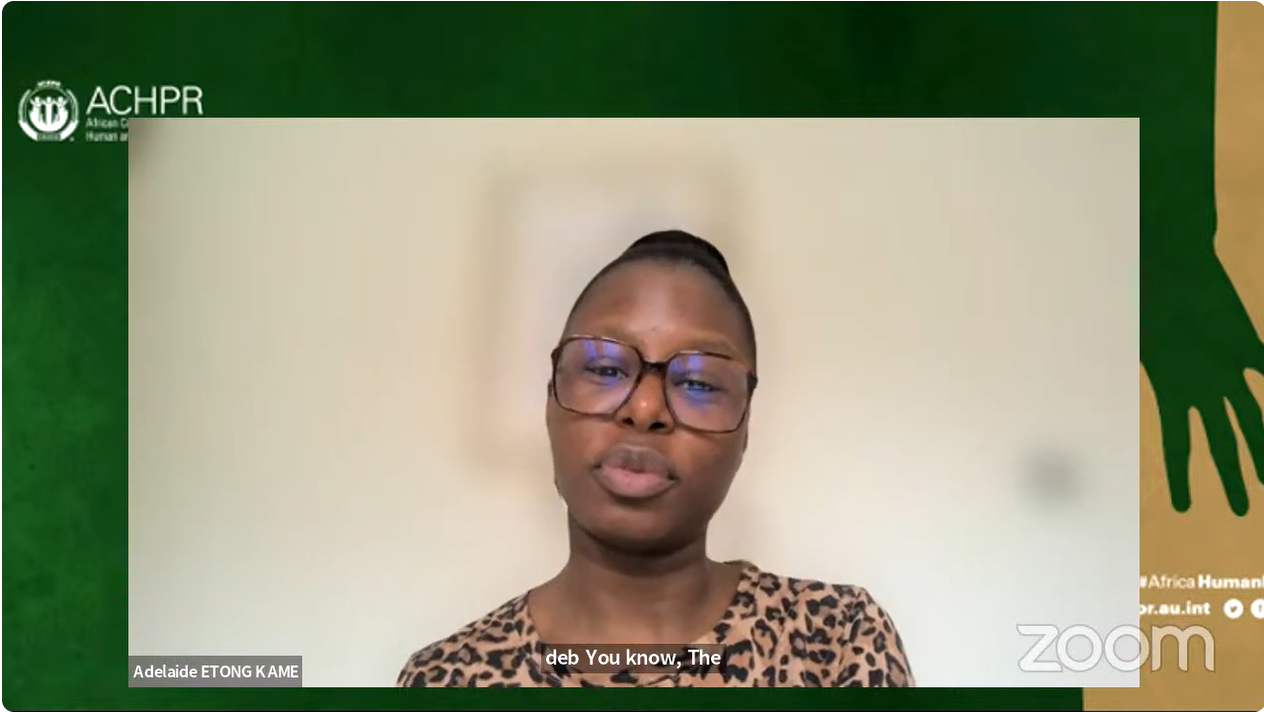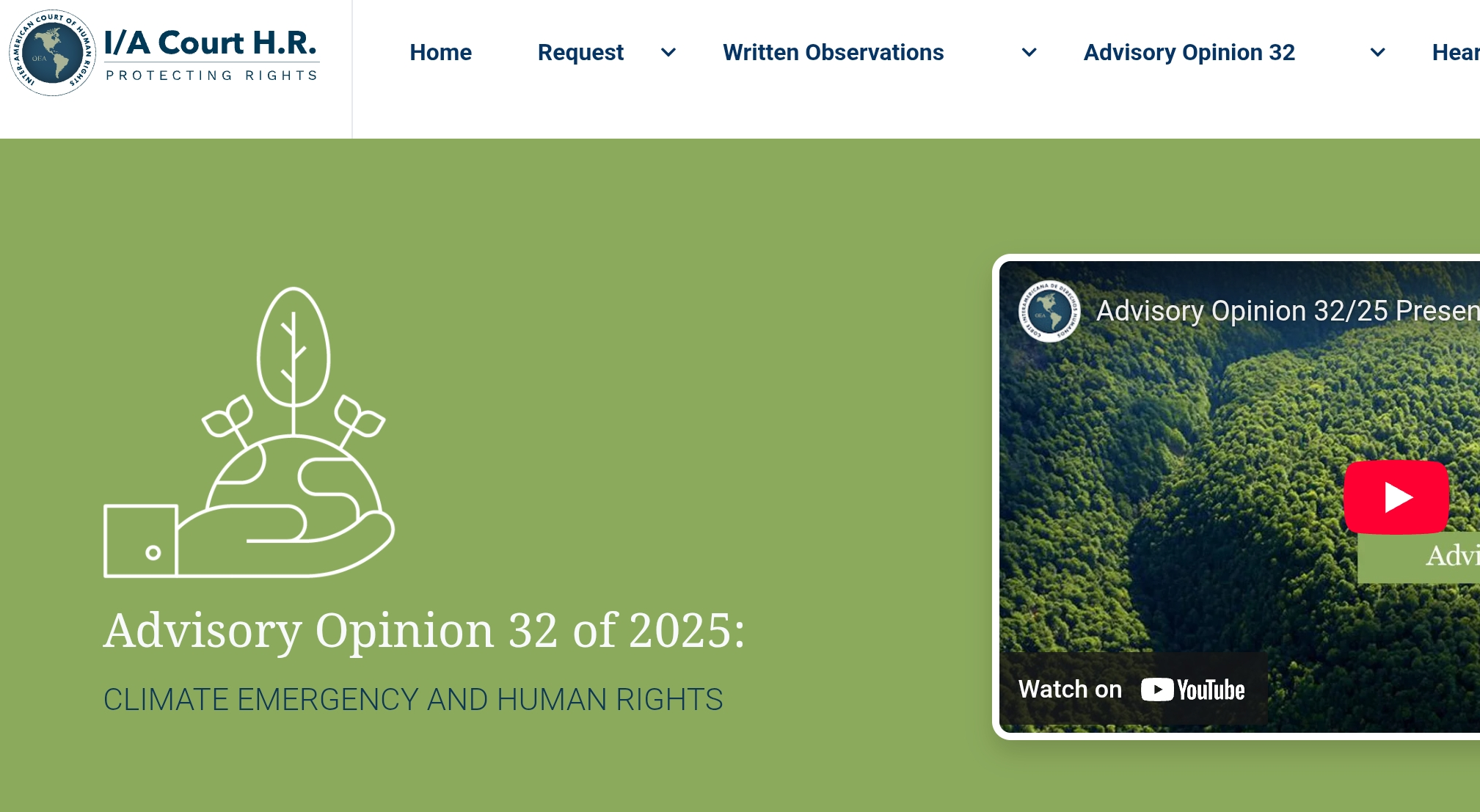In its statement, ISHR highlighted its concern over the trend of NGO laws which considerably limit, in their provisions, the enjoyment of fundamental freedoms and shrinks civic and democratic space, as it is the case in Angola and Mozambique. These laws are being proposed and discussed in Parliament without consultation of civil society and are drafted in order to fulfil recommendation 8 of the FATF which establishes a general framework for the regulation of the not-for-profit sector in order to prevent its abuse by terrorists.
Any draft legislation affecting the rights of civil society must be drafted in consultation with Angolan and Mozambican defenders and comply with regional standards and principles guaranteeing freedom of association, in particular with the African Commission's guidelines on freedom of association and assembly
Adélaïde Etong Kame, Senior Programme Manager (Africa) at ISHR
The statement recognises the continued efforts by some African countries towards stronger legislative frameworks protecting defenders at the national level, particularly in the Republic of Congo and Senegal where both governments have expressed their willingness to support the process started by civil society.
The progress and commitment of the State towards the adoption of such a law should remain a priority, ensuring that it complies with regional and international principles for the protection of human rights defenders.
Adélaïde Etong Kame, Senior Programme Manager (Africa) at ISHR
Finally, ISHR emphasised the need for countries in which laws protecting defenders have been adopted and protection mechanisms established, especially in the Sahel region, to ensure they are implemented and those mechanisms functional.
It is imperative that these States redouble their efforts to ensure that the legally established protection mechanisms for defenders have at their disposal the human and financial resources necessary for them to function properly.
Adélaïde Etong Kame, Senior Programme Manager (Africa) at ISHR
Author
Adélaïde Etong Kame
Adélaïde has a Master in International Law and Relations from the University of Clermont-Ferrand. Adélaïde worked with indigenous people and minorities in Mauritania for better protection of their rights, especially victims of slavery. Previously, she advocated for the rights of women in Poland and Macedonia as well as the advancement of freedom of expression in Central Africa.
Article also available in




